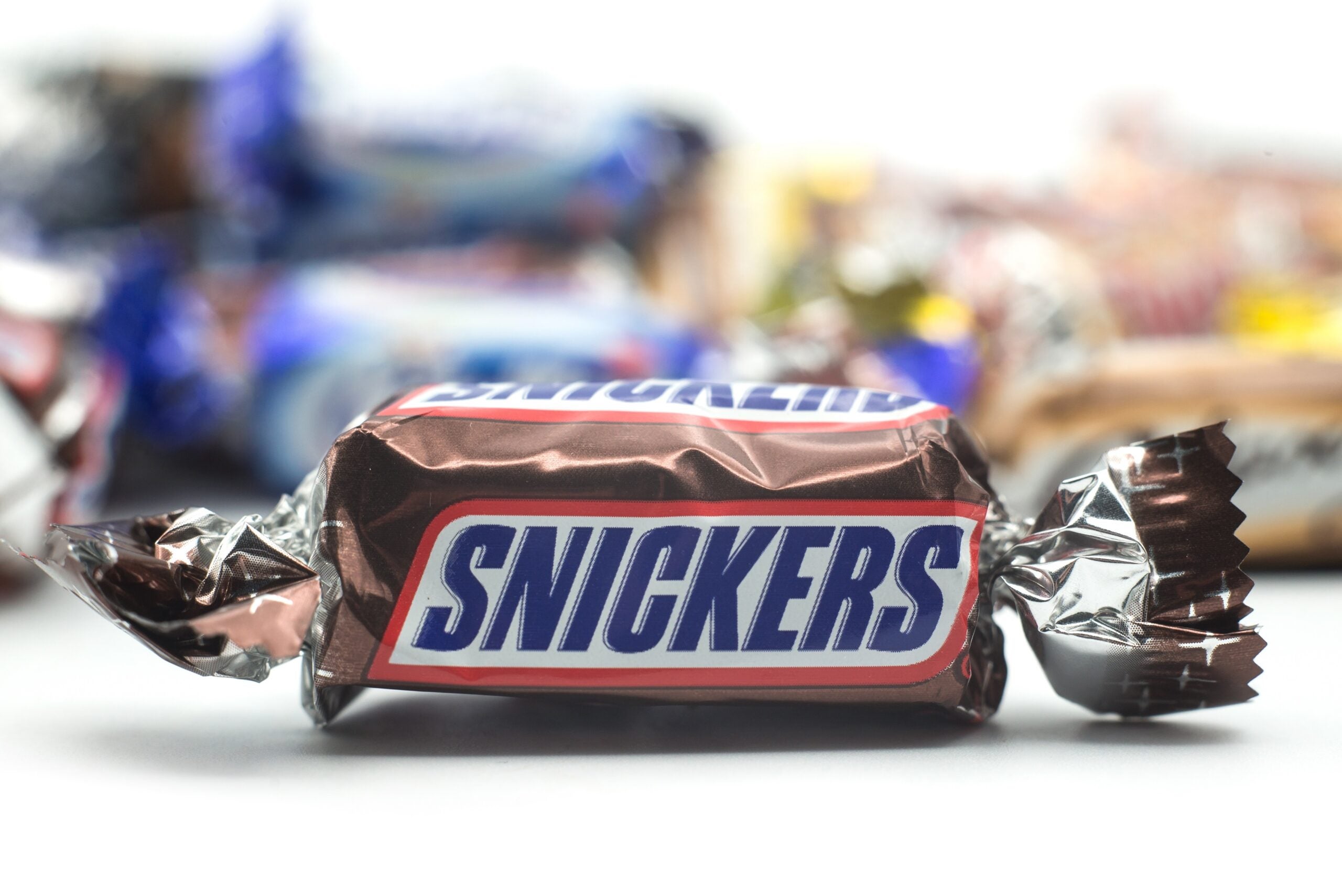
Mars has issued a fresh set of net-zero pledges, the second time in under two years the US giant has updated its pledges on emissions.
The M&Ms sweets and Royal Canin pet-food owner wants to cut carbon emissions by 50% – or by roughly 15m metric tons – by 2030 across its full value chain. The new target, reviewed by the Science Based Targets Initiative, is linked to a 2015 baseline.

Discover B2B Marketing That Performs
Combine business intelligence and editorial excellence to reach engaged professionals across 36 leading media platforms.
In October 2021, Mars had pledged to lower emissions by 27% by 2025 against the 2015 baseline. However, the company said today (14 September) it had only achieved an 8% reduction – worth 2.6m metric tons – while “growing the business 60% in that time”.
Privately-owned Mars plans to invest $1bn over the next three years to try to hit the target.
The company has published a new action plan – its Net Zero Roadmap – to “accelerate action towards achieving net-zero emissions”. Its target for achieving net-zero is still 2050.
CEO Poul Weihrauch said: “2050 can seem to be in the distant future, but the progress we make in the next seven years is critical. My generation of CEOs has the ability and responsibility to deliver actual emission reductions and put business on a clear path to net-zero by 2050.”

US Tariffs are shifting - will you react or anticipate?
Don’t let policy changes catch you off guard. Stay proactive with real-time data and expert analysis.
By GlobalDataMars’ net-zero plans include transitioning to 100% renewable energy, redesigning supply chains to stop deforestation and working with farmers on regenerative agriculture initiatives.
The company previously updated its net-zero target ahead of the COP26 climate change summit in Glasgow, Scotland, in November 2021. Mars said then it had cut emissions by 7.3% since 2015.





